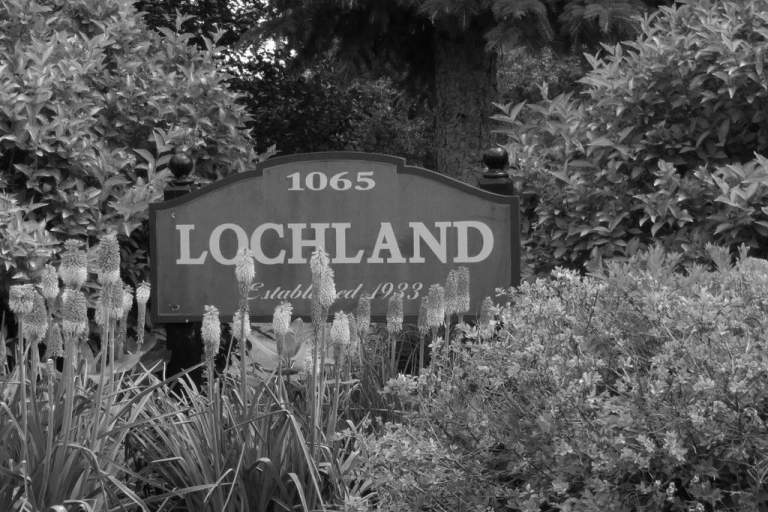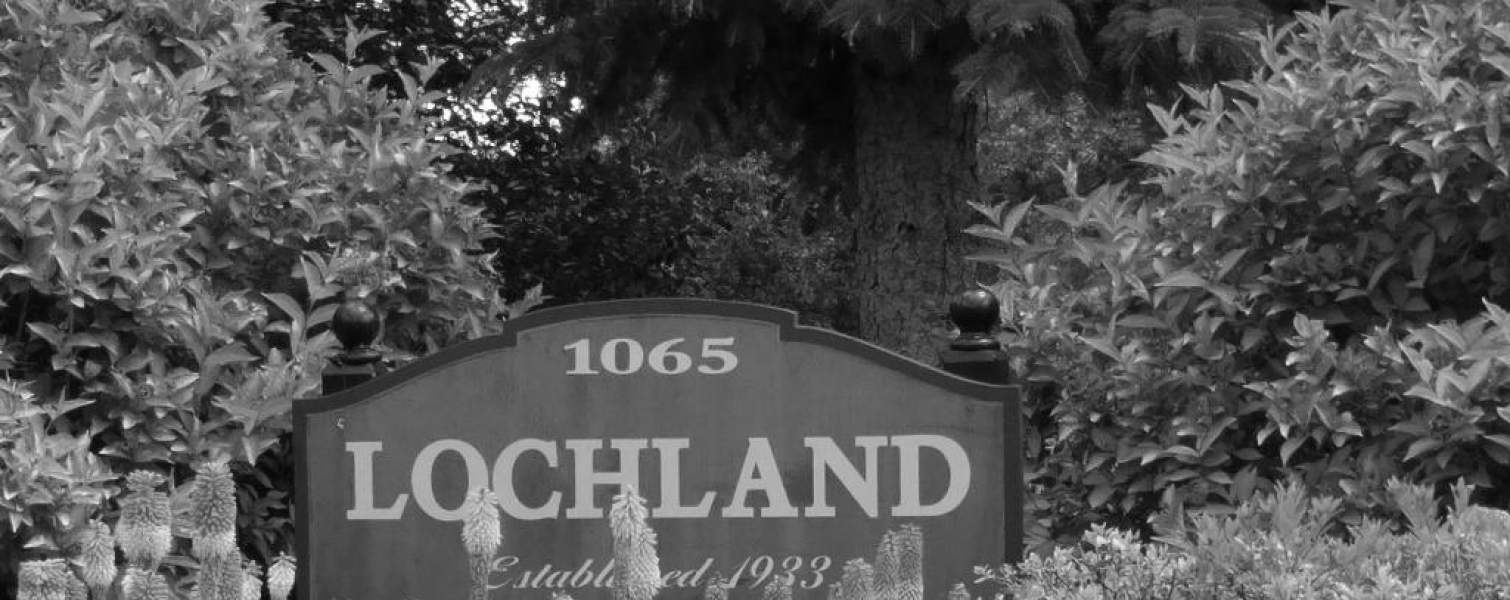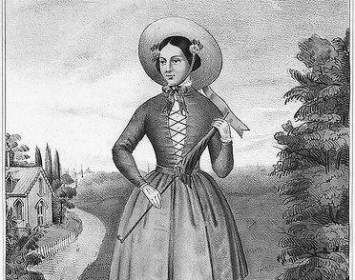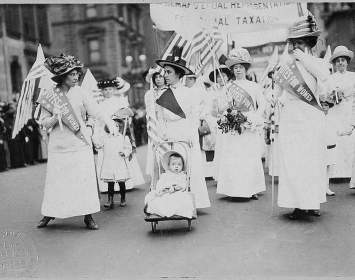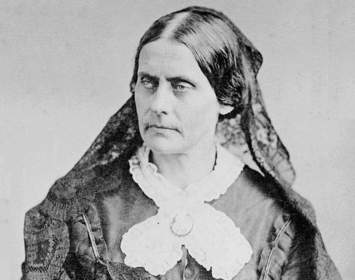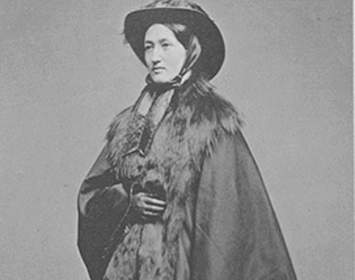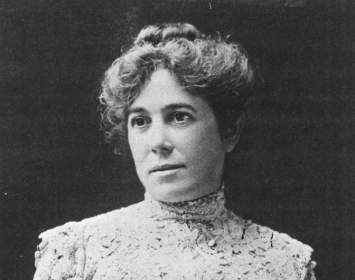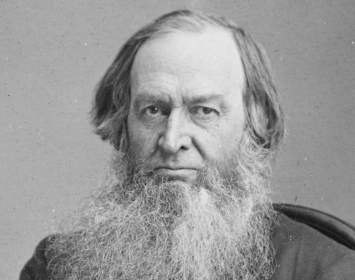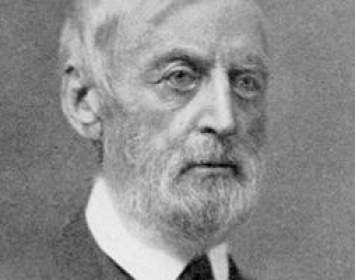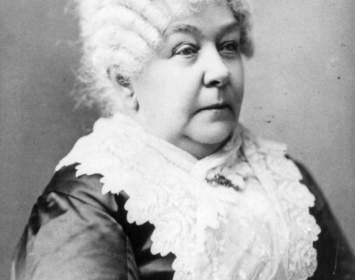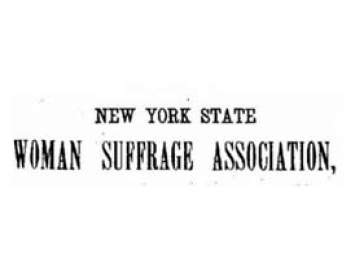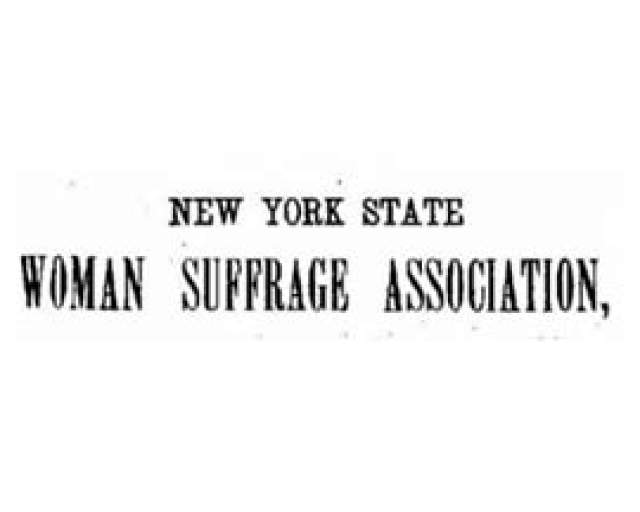Lochland, an elegant mansion south of Geneva on a bluff overlooking Seneca Lake, is best known as the residence and salon of woman suffrage activist and organizer Elizabeth Smith Miller. (Nineteenth-century practice was to use the singular, woman or woman's, when referring to women as a class; later practice was to use the plural, women or women's.) But the structure's history with the family of abolitionist philanthropist Gerrit Smith, Elizabeth’s father, starts far earlier.
Gerrit first acquired the property in 1865, as a residence for Elizabeth’s brother Greene, who had been traumatized in the Civil War. Greene named the property Lochland, a Scottish name meaning "savoring the beauties of nature." Greene abandoned the estate in mid-1868 due to worsening mental illness. Unable to sell Lochland for almost a year, Gerrit gifted it to his daughter and her husband Charles Dudley Miller. The couple moved in on July 5, 1869.
Miller welcomed the move from bucolic Peterboro to the more cosmopolitan Geneva; she lost no time making Lochland a center of Geneva’s cultural and intellectual life, bringing activists and thought leaders together for convivial salons or focused organizing sessions. Frequent guests included her cousin and lifelong friend, Elizabeth Cady Stanton, and fellow suffrage leader Susan B. Anthony. Stanton made weeks-long visits to Lochland in 1883 and 1889. Anthony paid a lengthy visit in 1899. And Stanton and Anthony together spent two weeks at Lochland in 1894.
Lochland is also where Elizabeth Smith Miller befriended the Geneva entrepreneur, philanthropist, and partly closeted freethinker William Smith (no relation to Gerrit Smith), who frequently donated use of his Geneva opera house for suffrage conventions Miller would organize.
In 1875, Miller and six friends and family members founded Fossenvue, a lakeside summer campground at what is now Caywood Point on Seneca Lake’s eastern shore, approximately halfway down the lake from Lochland. For one month each summer from 1875 until 1901, the intellectual life of Lochland would migrate to Fossenvue in summer garb, focusing on recreational activities, fresh local food, and cultured discussion.
Charles Miller died suddenly at Lochland on February 2, 1896.
With her daughter Anne Fitzhugh Miller, Miller further advanced the suffrage cause by co-founding (with Harriet May Mills) the Geneva Political Equality Club in 1897 and in 1903, the Ontario County Political Equality Club. Political equality clubs were then a favored vehicle for organizing suffrage work at the local and regional level. Lochland was a frequent meeting site for both clubs. The club was formed in 1897 following that year's Twenty-Ninth Annual Convention of the New York State Woman Suffrage Association (NYSWSA) in Geneva. By 1907 the Geneva club was the largest in New York State.
The year 1907 also saw a second NYSWSA annual convention, the Thirty-Ninth Annual Convention, held in Geneva. On the afternoon of October 17, 1907, Elizabeth Smith Miller and Anne Fitzhugh Miller hosted a reception for convention attendees at Lochland that included a recital on the mansion's organ.
In the early 1900s, Miller and other pioneer feminists persuaded William Smith to make the largest donation of his life—approximately $500,000, about $12 million today—to endow a new college for women that would offer a complete liberal education, seldom offered to women at the time. William Smith College opened in 1908, with Miller making occasional contributions toward the new institution’s operating costs.
A 1908 fire seriously damaged the mansion but did not destroy it.
Elizabeth Smith Miller died at Lochland on May 22, 1911. She was 88. The estate was sold to mining executive Edward M. Mills, who resided there from 1912 to 1933. In that year, the estate was transferred to a charity that launched a school for disabled children; over time the Lochland School adjusted its mission and is now a residence for developmentally disabled adults.
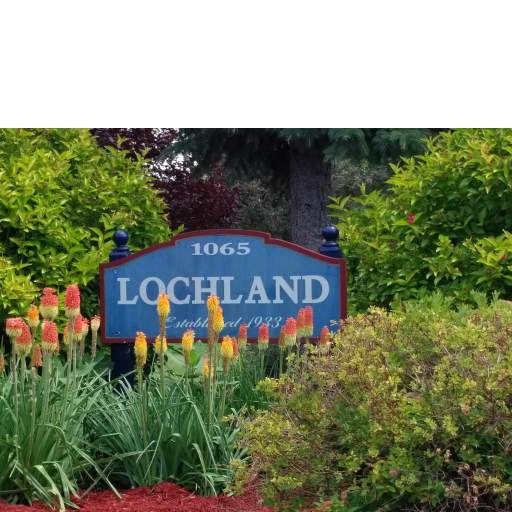
Lochland sign
This sign greets visitors to Lochland who proceed down Lochland Road, essentially a private driveway that communicates with New York State Route 14.
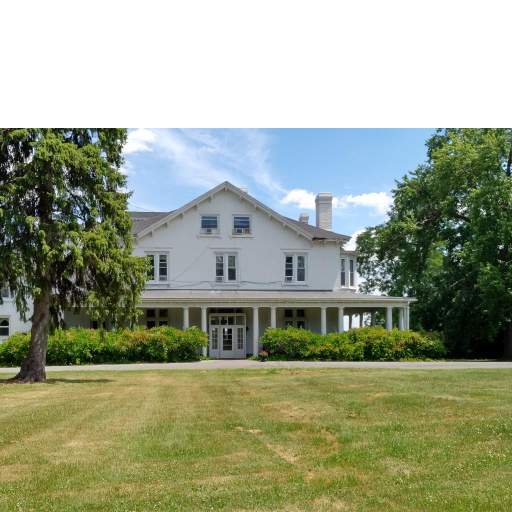
Lochland Mansion
Rear view of the mansion (the side facing Route 14) at Lochland as it appears today.
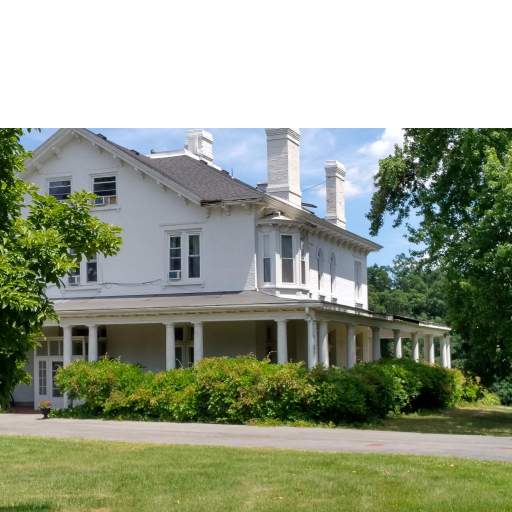
Mansion, side view
Side view of the mansion at Lochland as it appears today.
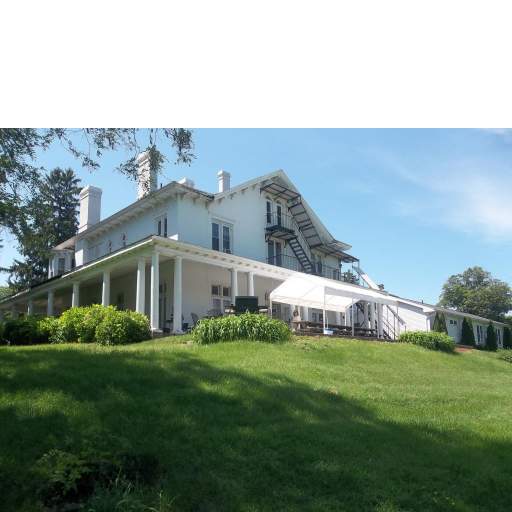
Mansion lakeside view
Lake side of the mansion as seen today. Photo is taken on the bluff sloping away from the mansion toward Seneca Lake. Photo courtesy of Dot Willsey.
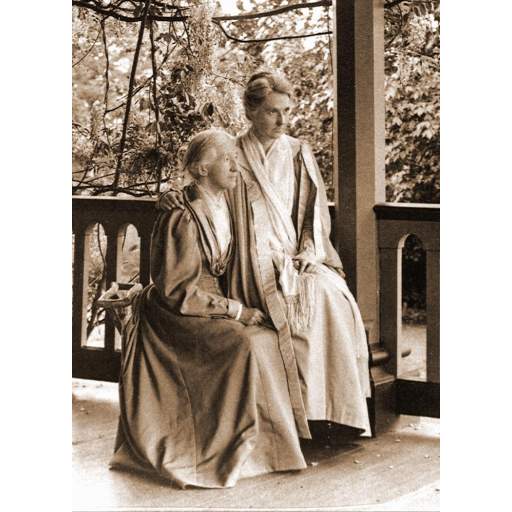
E. S. and A. F. Miller
Elizabeth Smith Miller (left) and her daughter and collaborator Anne Fitzhugh Miller, photographed on the "piazza" at Lochland.
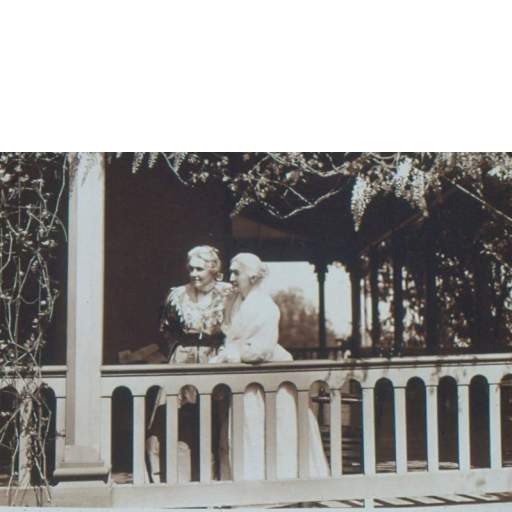
A. F. and E. S. Miller
Anne Fitzhugh Miller (left) and Elizabeth Smith Miller on the piazza. This photo was taken in 1908, when Elizabeth was 86 years old. She would die on May 22, 1911. Photo courtesy of Dot Willsey.
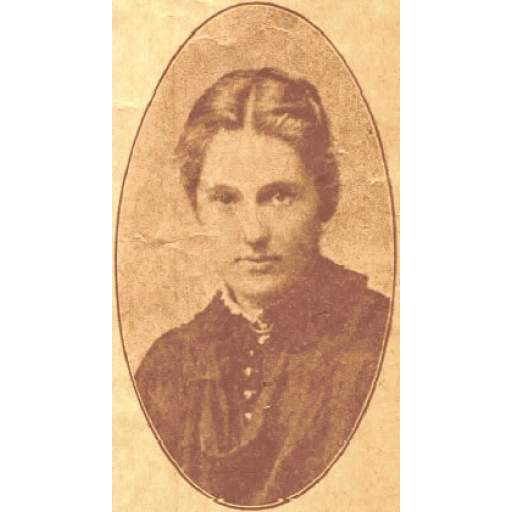
Anne Fitzhugh Miller
Photographic portrait of Anne Fitzhugh Miller, from the Program of the 1907 New York State Woman Suffrage Association (NYSWSA) convention held in Geneva. Judging from Anne's appearance in the preceding photograph (taken in 1908), this photo was several years old when it was published in the 1907 program.
Associated Historical Events
Thirty-Ninth NY State Suffrage Convention
October 15–18, 1907
